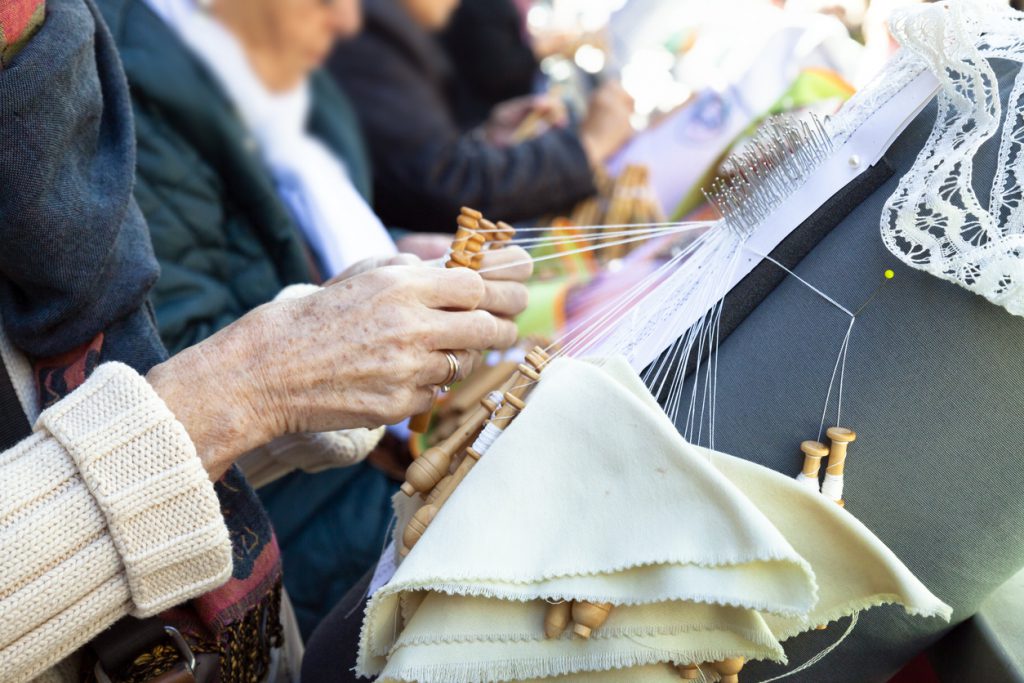Deal on geographical protection for local craft and industrial products

European Parliament and Council negotiators agreed on a new scheme to protect the so-called “geographical indication” of traditional crafts at the EU and international level.
The new legislation will close the gap between diverging national systems in the EU by protecting original quality and tradition of locally renowned goods such as jewellery, textiles, lace, natural stones, cutlery, glass and porcelain both in the EU and internationally.
Flexibility for member states and facilities for the smallest companies and artisans
The new rules foresee a procedure to register geographical indications (GIs) first at the national level, followed by an examination of the producers’ application by the EU Intellectual Property Office (EUIPO). To strengthen the effectiveness of the national part of this process, MEPs made sure there will be set timelines for the completion of the various administrative steps. Parliament and Council negotiators also agreed that member states will be able to decide whether to set up a national registration authority or to let the EUIPO cover the whole registration process for them. Countries without a national authority should appoint a single point of contact to help with applications and technical questions related to the given product.
At the initiative of MEPs, producers will be able to submit their applications electronically. National authorities will assist micro, small and medium-sized enterprises (MSMEs) with the preparation of their applications and registration fees charged at the national level will take their situation into account.
Controls by national authorities, including of electronic markets
National authorities will perform market controls and make sure products are placed on the market in accordance with their product specifications. MEPs ensured that these new rules will also apply to goods sold online. To strengthen access to information, there will be a public digital portal with details of certification bodies.
Next steps
This informal agreement will now have to be confirmed by the Parliament’s plenary and the Council before entering into force 20 days following its publication in the EU Official Journal. The regulation will apply two years after this date. The Commission will have to assess the results of the application every five years.
